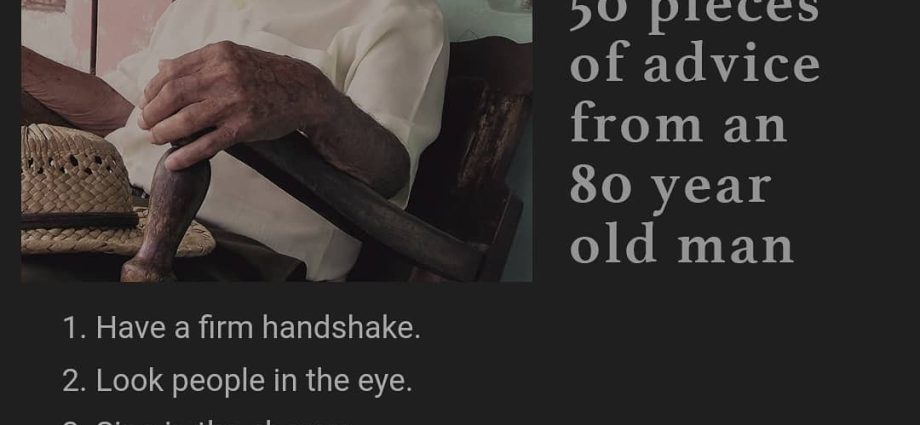Садржај
How many times have you heard or read this advice? And how often did it work in a difficult situation, when you were really bad? It seems that another beautiful formulation from popular psychology feeds the pride of the adviser more than it helps the one who is in trouble. Why? Our expert speaks.
Одакле је дошао?
A lot happens in life, both good and bad. Obviously, we all want more of the first and less of the second, and ideally, that everything should be perfect in general. But this is impossible.
Troubles happen unpredictably, it breeds anxiety. And for a long time people have been trying to find soothing explanations for events that are illogical, from our point of view.
Some explain misfortunes and losses by the will of a god or gods, and then this should be accepted as punishment or as a kind of educational process. Others — the laws of karma, and then it is, in fact, «payment of debts» for sins in past lives. Still others develop all sorts of esoteric and pseudo-scientific theories.
There is also such an approach: «Good things happen — rejoice, bad things happen — accept with gratitude as an experience.» But can this advice soothe, console or explain something? Or does it do more harm?
«Proven» efficacy?
The sad truth is that this advice doesn’t work in practice. Especially when it is given by another person, from the outside. But the wording is very popular. And it seems to us that its effectiveness is “proven” by the frequent appearance in books, in speeches of significant people, opinion leaders.
Let’s admit: not every person and not in any circumstances can honestly say that he needed this or that negative experience, that without it he would not have managed in life in any way or is ready to say thank you for the suffering experienced.
personal conviction
Of course, if such is the inner conviction of a person and he sincerely believes so, this is a completely different matter. So one day, by a court decision, Tatyana N. instead of prison went forcibly treated for drug addiction.
She personally told me that she was happy about this negative experience — the trial and coercion into treatment. Because she herself would definitely not go anywhere for treatment and, in her own words, one day she would die alone. And, judging by the state of her body, this “one day” would come very soon.
It is only in such cases that this idea works. Because it is already experienced and accepted personal experience, from which a person draws conclusions.
hypocritical advice
But when a person who is going through a really difficult situation is given such advice «from top to bottom», it rather amuses the adviser’s pride. And for someone who is in trouble, it sounds like a depreciation of his difficult experiences.
I was recently talking to a friend who talks a lot about philanthropy and considers herself a generous person. I invited her to participate (materially or things) in the life of a single pregnant woman. Due to circumstances, she was left alone, without work and support, barely making ends meet. And ahead were the chores and expenses in connection with the birth of the baby, whom she, despite the circumstances, decided to leave and give birth.
«I can’t help it,» my friend told me. “So she needs this negative experience.” “And what is the experience of malnutrition for a pregnant woman who is about to bear a child — and preferably a healthy one? You can help her: for example, feed or give away unwanted clothes, ”I answered. “You see, you can’t help, you can’t interfere, she needs to accept this,” she objected to me with conviction.
Less words, more deeds
Therefore, when I hear this phrase and see how they shrug their shoulders in expensive clothes, I feel sad and bitter. No one is immune from sorrows and troubles. And yesterday’s adviser can hear the same phrase in a difficult situation: «Accept with gratitude as an experience.» Only here «on the other side» these words can be perceived as a cynical remark. So if there are no resources or a desire to help, you should not shake the air by uttering common phrases.
But I believe that another principle is more important and more effective in our life. Instead of «smart» words — sincere sympathy, support and help. Remember how in one cartoon a wise old man told his son: “Do good and throw it into the water”?
First, such kindness is returned with gratitude precisely when we do not expect it. Secondly, we can discover in ourselves those talents and abilities that we did not even suspect until we decided to participate in someone’s life. And thirdly, we will feel better — precisely because we will provide someone with real help.










